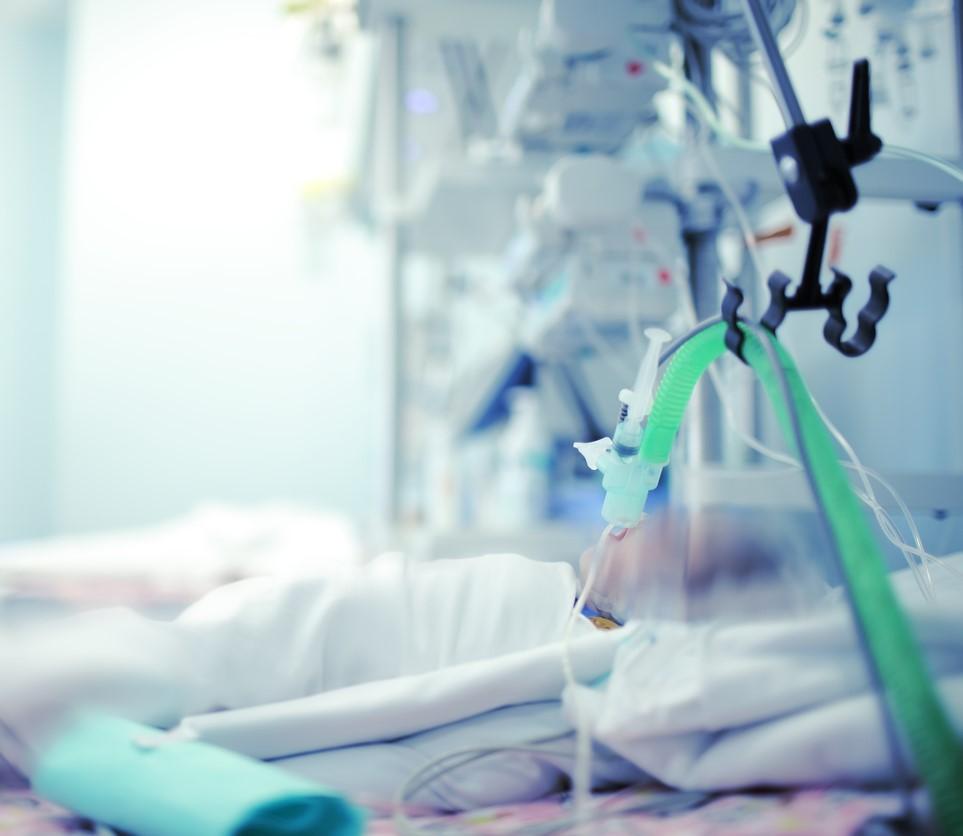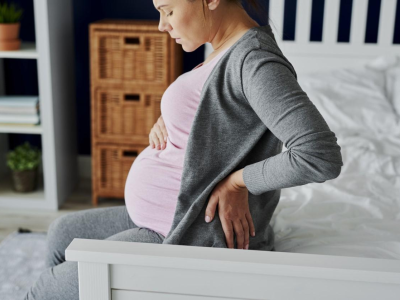Doctors in Bergamo, Italy, have described a series of 10 young children hospitalized with symptoms similar to those of the rare inflammatory Kawasaki-like disease emerging amid the COVID-19 pandemic, adding to reports of similar cases in New York, New Jersey, Massachusetts, and the United Kingdom.
According to the observational cohort study, published yesterday in The Lancet, 8 of the 10 children diagnosed as developing symptoms of Kawasaki-like disease from Mar 17 to Apr 14 at the Hospital Papa Giovanni XXIII also tested positive for COVID-19. In contrast, the study included 19 children who had been diagnosed as having Kawasaki disease in the previous 5 years (on average, 1 every 3 months). This represents a 30-fold increase.
Five of the 10 children in the new cluster had classic signs of Kawasaki disease, while 5 had fewer than three of the disease's clinical signs and were older.
Serious symptoms, immunoglobulin resistance
All the children survived, but those diagnosed during the COVID-19 pandemic had more severe symptoms than those in the last 5 years, with 6 of 10 patients (60%) having heart complications, compared with only 2 of 19 (11%) of those diagnosed before.
Also, 5 of the 10 children (50%) diagnosed during the pandemic had signs of toxic shock syndrome requiring fluid resuscitation because of low blood pressure, compared with none of the children diagnosed previously. Toxic shock syndrome is a rare, life-threatening illness caused by some bacterial infections; common symptoms include a high fever, low blood pressure, and rash.
All patients were treated with immunoglobulin therapy, but 8 of 10 (80%) diagnosed during the pandemic also required steroid treatment, versus just 3 of 19 (16%) of those in the group diagnosed before.
The children hospitalized during the pandemic were also older than those diagnosed previously (mean age, 7.5 versus 3 years). Seven of the 10 children were boys.
While two patients diagnosed during the pandemic tested negative for SARS-CoV-2, the virus that causes COVID-19, on an antibody test, the researchers said that they could have been false-negative results because the test does not have 100% accuracy. Also, one of the patients had received a high dose of immunoglobulin, which could have made it difficult to detect antibodies to the coronavirus.
"All these results and considerations support the hypothesis that the immune response to SARS-CoV-2 is responsible for a Kawasaki-like disease in susceptible patients," the authors wrote. "A similar outbreak of Kawasaki-like disease is expected in countries affected by the SARS-CoV-2 pandemic."
Rare but concerning complication
Kawasaki disease, which is usually seen in children younger than 5 years, is thought to be caused by an aberrant immune reaction to infection in genetically predisposed patients. It causes inflammation and swelling of the blood vessels, sometimes with coronary artery aneurysms.
Common symptoms include fever, rash, red eyes, dry or cracked mouth, redness of the palms of the hands and soles of the feet, and swollen glands. About one quarter of children have heart complications, but almost all recover with appropriate treatment.
"Although this complication remains very rare, our study provides further evidence on how the virus may be affecting children," Lucio Verdoni, MD, a co-author of the paper, said in a press release. "Parents should follow local medical advice and seek medical attention immediately if their child is unwell."
Noting that their study included only a small number of patients, the authors called for larger studies to confirm their findings.
In a commentary in the same journal, Russell Viner, MD, PhD, of the UCL Great Ormond Street Institute of Child Health in London, and Elizabeth Whittaker, MD, PhD, of Imperial College London, said it's important to remember that children have an overall low burden of illness from COVID-19.
Yet, "understanding this inflammatory phenomenon in children might provide vital information about immune responses to SARS-CoV-2 and possible correlates of immune protection that might have relevance both for adults and children," they said.





















